DEVELOPMENT2030
16-17 November 2022
BRUSSELS EXPO
DEVELOPMENT2030 – HOW IMPORTANT IS THE COMMERCIALISATION OF DEVELOPMENT IN A WORLD OF NEW CHALLENGES?
With an ever-increasing pressure to ensure the global public and governments worldwide continue to support overseas development assistance, it is imperative for the international community to adapt to the changing landscape if we are to achieve the Sustainable Development Goals. Our Development2030 event will consider how best we can do this, through identifying the key existing and emerging players, and analysing their role in creating long-term impact for low- and middle income countries.
EBCAM attends the Business Roundtable on Raw Materials
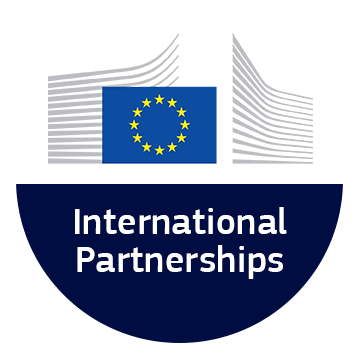
Business Roundtable on Raw Materials
European Commission’s Directorate General for International Partnerships (DG INTPA)
Le Plaza Hotel Brusselsm Thursday 17 November
EBCAM attended the Business Roundtable on Raw Materials on Thursday 17 November from 14:15-17:30 organised the European Commission’s Directorate General for International Partnerships (DG INTPA). The event took place at Le Plaza Hotel Brussels (Bld Adolphe Max 118-126, 1000 Brussels) and online.
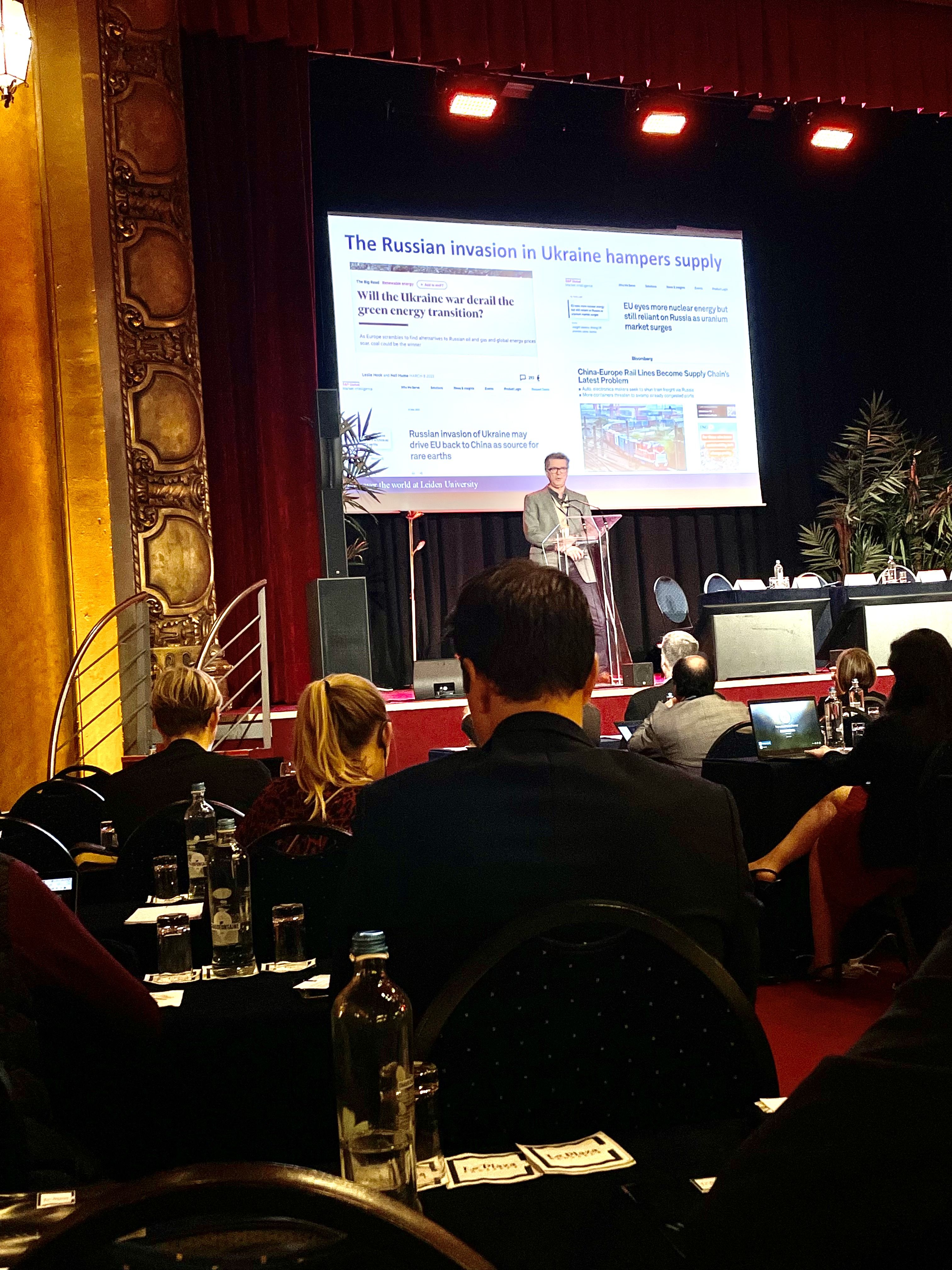
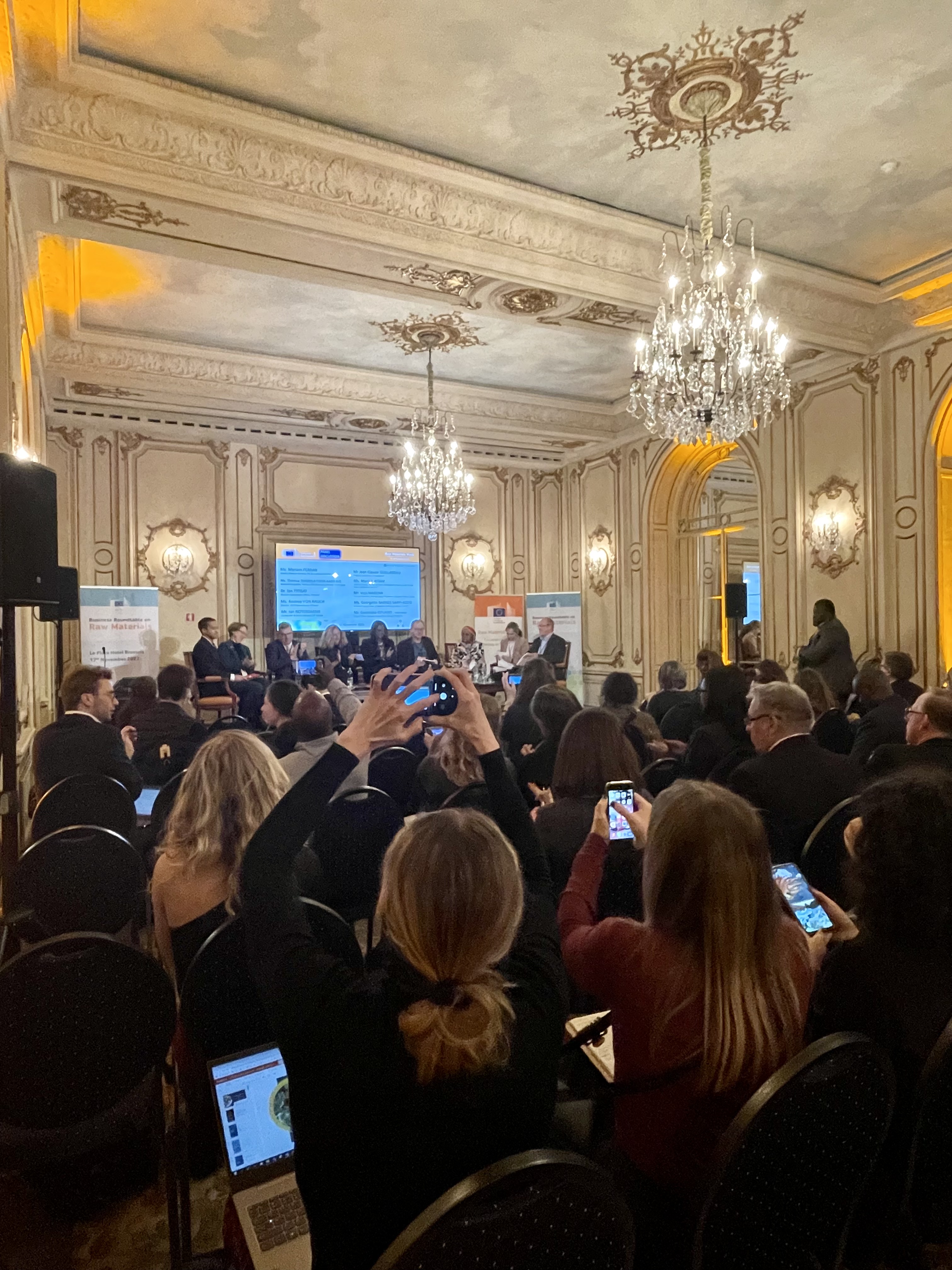
The Business roundtable, organised as part of the 7th EU Raw Materials Week 2022, gathered global public and private stakeholders around recent policies and initiatives in the field of raw materials.
COP27 European Union Side Events
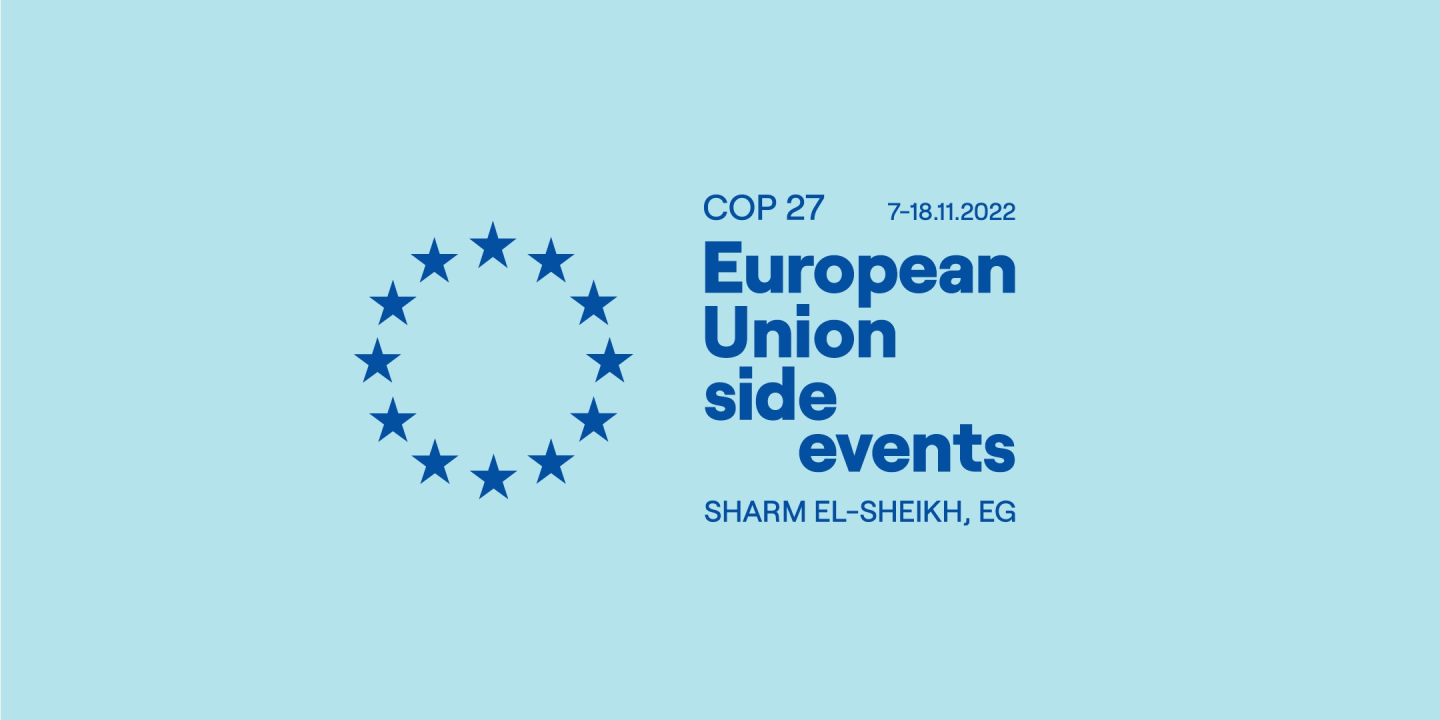
7-18.11.2022
Sharm-el-Sheikh, Sud de Sinaï, Égypte and online
These events are part of the EU Pavilion programme in the framework of COP27.
Some relevant sessions to Africa:
EU response to food crises and support to African resilience: Agro-ecological approaches and the Great Green Wall- 8 November 2022
Resilient agriculture in Africa : EU and partners in action- 12 November 2022
Building a stronger Africa-Europe cooperation on ocean-climate action- 15 November 2022
High-level ministerial event: Joint Europe-Africa action on adaptation and resilience- 16 November 2022
Dialogue with EU Businesses on Economic Partnership Agreements

Date: Wednesday, October 19, 2022 10:00 AM - 1:00 PM (CEST)
Online
The dialogue will be an occasion to discuss opportunities, constraints, and needs that European Businesses face when investing in / trading with EPA countries, particularly in Africa. The scope of this dialogue is for DG TRADE to grasp how to better support EU Businesses operating in EPAs regions. In the attached agenda you will find some input questions that will be used to guide the discussion.
Digital technologies fighting misinformation on the internet

Date: 30 June 2022, 12:00-13:30 (CEST)
Online
In recent months, African countries have fallen prey to foreign misinformation with enormous consequences on their political stability. In that context, the EU has partnered with a wide array of partners, including start-ups and projects like the Digital Enquirer Kit to counter disinformation campaigns, which we will have the chance and opportunity to welcome during our Info Point.
In the context of INTPA's work as regards international development and cooperation, misinformation and disinformation have become an even bigger challenge since the beginning of the pandemic. Indeed, the increased digitalisation that has characterised the last two years, as well as the digital shift undergone by some of INTPA's partner countries have heightened their vulnerability to disinformation campaigns, as well as the strategic influence of actors such as Russia.
SME Crisis Response Webinar 7 - Commodities and Raw Materials in Africa and New Opportunities for African and European Enterprises
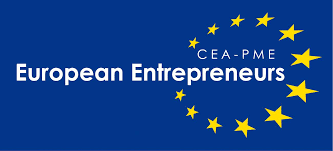
Date: 7 July 2022, 10:00 (CEST)
The issues presented in this webinar will tackle the changing scenario of the importance of African commodities from the end of the COVID-19 crisis until the current situation of Russia’s aggression on Ukraine.
On one side, we have the growing fear of increasing food prices, famines and food insecurity, and on the other hand the awareness of the importance of African local goods. Different case scenarios are being analysed in order to overcome this crisis, depending on short, medium or long-term goals in which the best-case scenario would be to avoid food dependency.
Another important topic is the role of European enterprises and their new opportunities from the economic point of view.
The war in Ukraine, global food and nutrition security and country owned food systems

Date: 23 June 2022, 12:30-13:30 (CEST)
Online
The war in Ukraine has exacerbated a cost-of-living crisis and poses major threats to global food and nutrition security and country owned food systems. Marjeta Jager (DDG INTPA) and Gerda Verburg (UN ASG and Scaling Up Nutrition Movement coordinator) will address the challenges and opportunities of high food prices and make the case for an integrated approach necessary to reverse negative implications on dietary intake and thereby nutritional status.
Strengthening environmental governance through South South cooperation

Date: 24 June 2022, 11:00-12:30 (CEST)
Online
EU support to multilateral environmental agreements
One of the tangible expressions of science-policy interface at work are the multilateral environmental agreements (MEAs). They offer the best hope for multilateralism to deliver. But how do they deliver? What does the EC do to support these MEAs? What key lessons does such work offer for better environmental management and governance? How does this promote South-South Cooperation? Come and find some answers from the ACP MEAs 3 programme that the Commission is currently supporting.
The Africa Energy Forum 2022
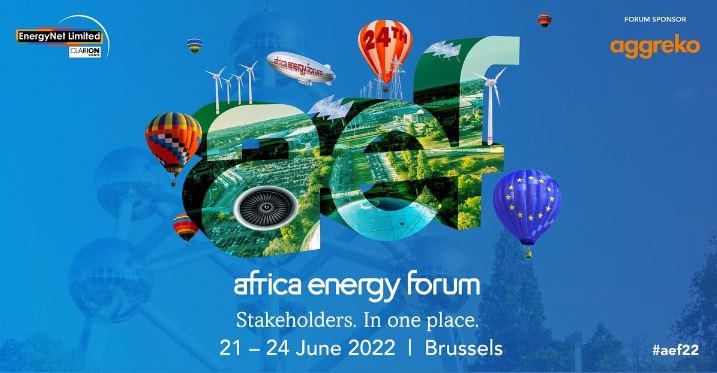
Date: 21-24 June 2022
Brussels
The Africa Energy Forum 2022 will be held 21 - 24 June in Brussels under the theme ‘Africa for Africa: Building Energy for the Just Transition’, before starting our journey to Nairobi, Kenya, where we will host our 25th Africa Energy Forum. Once again we unite governments, utilities and regulators with development finance institutions, commercial banks, power developers, technology providers, EPCs and professional services.
Over the last 23 years the Forum has earnt a reputation as the most meaningful gathering of decision-makers in African energy to form partnerships, identify opportunities and move the industry forward. We hand-pick the most credible organisations in the sector, delivering an intensive networking experience like no other.
EU funded Cooperation Projects for Sustainable Fisheries and Aquaculture

Date: 16 June 2022, 11:30-13:00 (CEST)
Between 2014 and 2020, the EU committed more than 450 million EUR to development cooperation programmes in the field of sustainable fisheries and aquaculture. This InfoPoint will present the results of fisheries and aquaculture projects around the world and will discuss the lessons learned to help shape the future of blue cooperation.




